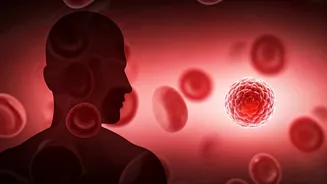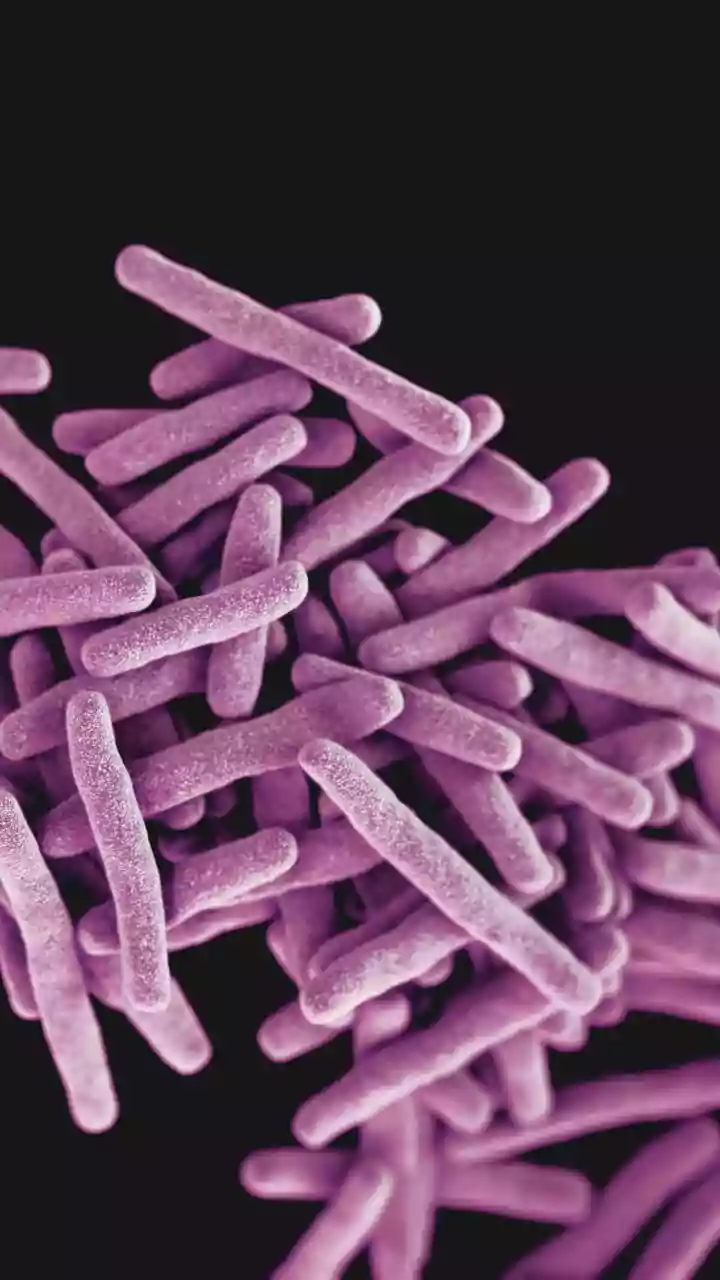Dairy's Role Examined
Dairy products, including milk, cheese, and yogurt, have a long-standing association with acne flare-ups. The hormones present in cow's milk, like insulin-like
growth factor-1 (IGF-1), can stimulate oil production in the skin, leading to clogged pores and subsequent acne. The presence of lactose, a sugar in dairy, may also contribute to inflammation, worsening existing acne. Many people find that limiting or eliminating dairy from their diet helps reduce the frequency and severity of their breakouts. Considering plant-based milk alternatives such as almond, soy, or oat milk could be beneficial in this regard. Observing how your skin responds after making such dietary adjustments allows for a personalized approach. This allows one to better understand the relationship between their diet and acne, ensuring that their skin care is as effective as possible.
High-Glycemic Foods Defined
Foods with a high glycemic index (GI), such as white bread, sugary drinks, and processed snacks, can quickly raise blood sugar levels. These rapid spikes in blood sugar trigger the release of insulin, which then stimulates the production of androgens, a type of hormone that can increase sebum production, leading to acne. Consuming high-GI foods also contributes to chronic inflammation, a significant factor in the development and worsening of acne. Opting for low-GI alternatives like whole grains, vegetables, and fruits can help keep blood sugar levels stable and reduce the likelihood of acne breakouts. Careful monitoring of dietary choices, keeping an eye on processed foods, and incorporating balanced meals will help one see a notable improvement in their skin condition. This is an ongoing process.
Processed Foods and Acne
Processed foods, loaded with refined sugars, unhealthy fats, and additives, are often linked to acne. These foods can cause inflammation in the body, which negatively impacts skin health and increases the likelihood of breakouts. The high sodium content in processed foods can further dehydrate the skin, making acne issues more visible. Furthermore, the saturated and trans fats found in these foods can disrupt the body's hormonal balance, amplifying sebum production and contributing to clogged pores. Minimizing the intake of processed foods and making a conscious effort to choose whole, unprocessed foods significantly contributes to clearer skin. Focusing on foods rich in antioxidants, vitamins, and minerals, such as fruits, vegetables, and lean proteins, can support overall skin health and reduce acne.














